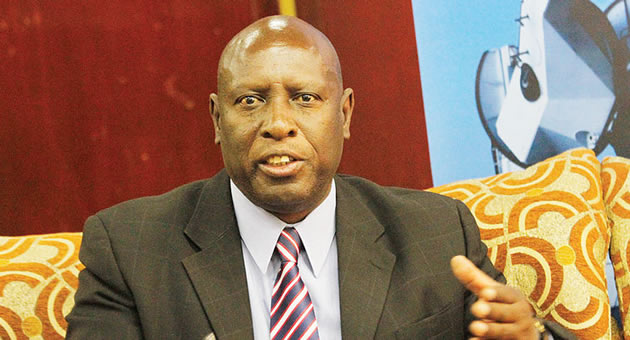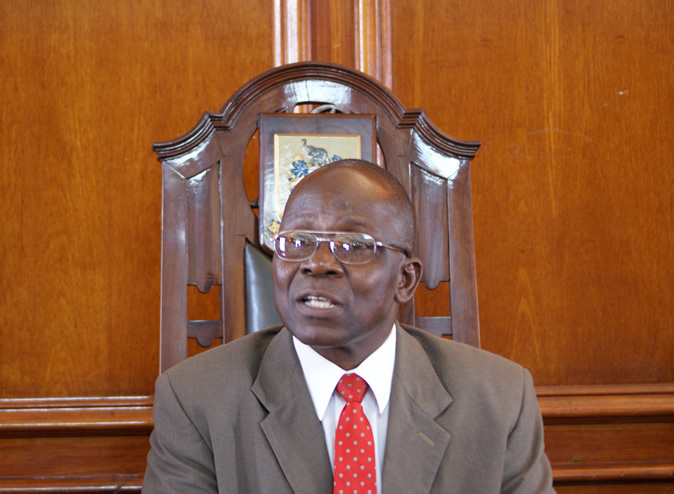Fuel blending to go up to 30pc

Prosper Ndlovu Business Editor
THE government says plans are underway to increase mandatory blending levels of unleaded petrol with ethanol to E30 and beyond as part of measures to arrest energy costs.
Responding to questions on government policy regarding the ethanol blending ratio during a discussion in Parliament, Energy and Power Development Minister, Samuel Undenge, said the country was on course to attaining the 20 percent blending as envisaged in the country’s economic blueprint, Zim-Asset.
“Our blending level at the moment is pegged at E10. As production gathers pace, we will increase the blending level perhaps to E30 or beyond, as the situation warrants,” said Minister Undenge.
“We’ve a policy to develop renewable energy as a source of energy, bio-fuels, so that will depend on the production level of ethanol in the country.
“It’s indeed a noble move that saves foreign currency because we’ve been relying entirely on importation of fuel so the introduction of ethanol, which is locally grown, will promote the local economy and create employment as well as bringing development to completely new areas that were forests before.”
Mines and Mining Development Minister Walter Chidhakwa asked what measures were being put in place to ensure that companies that were resisting blended fuel are made to use it.
“You’re talking of actually increasing the fraction. What measures have you put in place to make sure those who’re refusing to comply do so?” he asked to which Undenge said he was not aware of any company that was resisting.
The mandatory ethanol blending in Zimbabwe began towards the end of 2013 with a five percent ratio before it was increased to 10 percent. As a result of the E5 blending threshold, Zimbabwe’s fuel import bill was cut by nearly $20 million.
Following the increase of blending to E10, the country was saving about $4 million per month. In June last year the Ministry of Energy and Power Development increased blending levels to 15 percent before reducing it to 10 percent.
The reduction followed an outcry by motorists after car assembler, Willovale Mazda Motor Industries, said its vehicles were not compatible with E15 fuel blend.
The firm also said it will not warrant cars for using such fuel should they develop engine or emission system challenges. Zimbabwe has been importing more than it exports since the switch to the multicurrency system.
As a result of the trade deficit, the wealth created by the country has thus been exported rather than retained to boost economic expansion. This has delayed the rebuilding of savings and has severely limited the amount of money available for investment and productive lending by banks.











Comments